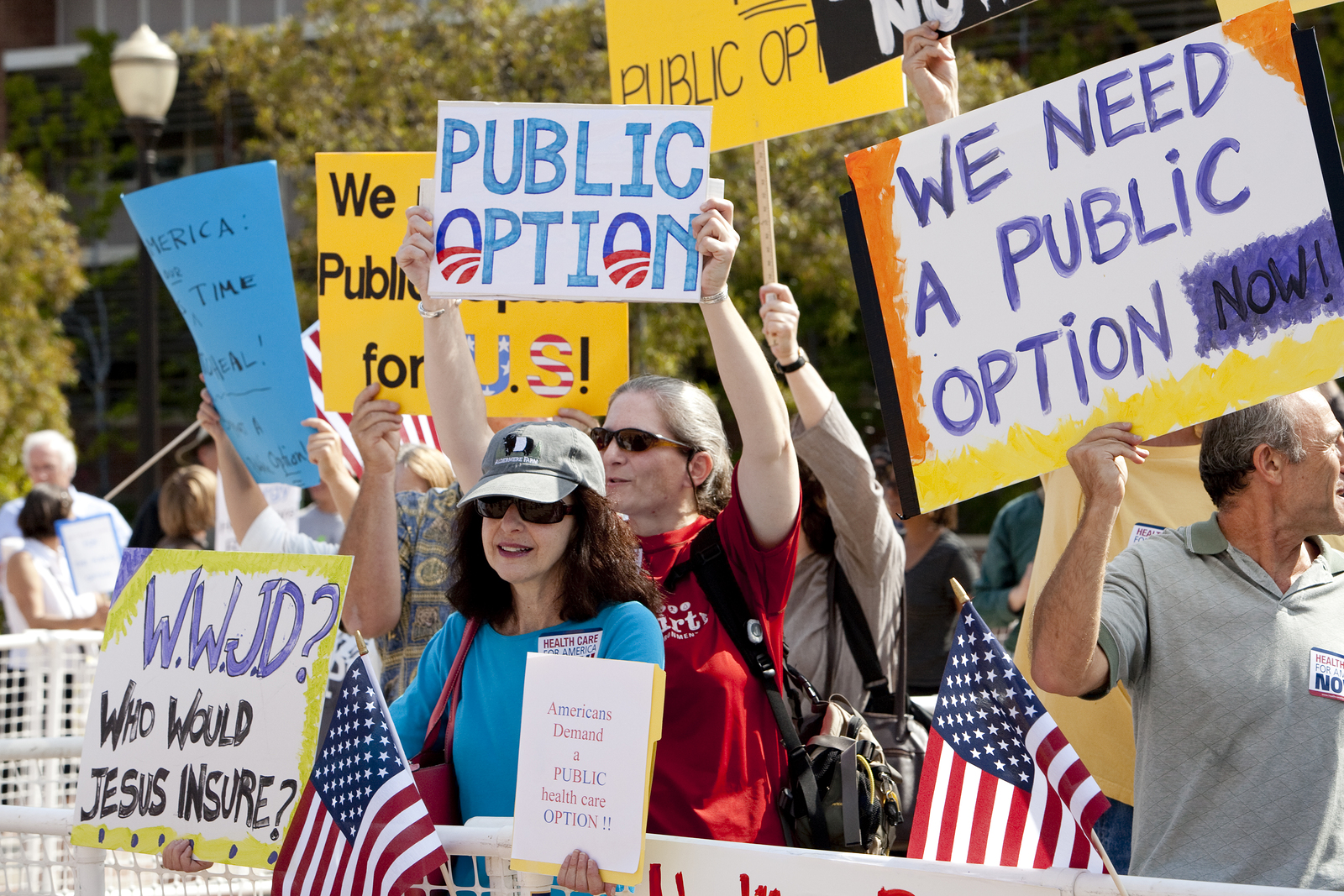Upper middle class
So Much For Anti-Elitism, The Health Insurance Status Quo Survives
November 15, 2016

The upper middle class benefits a lot from the current system of access to health insurance. They are more likely to have jobs that provide health insurance that they can easily afford, and they benefit favorably from the tax treatment of these workplace benefits. So, it is fair to assume that the majority of these individuals do not support changes to the health insurance and health care status quo. But the question on many people's minds is whether the unveiled contempt for the professional elite will impact their health care status.
The election of Donald Trump as President of the United States and a majority Republican House and Senate all but ensures changes to health insurance and health care policy in America. What those changes will be is anyone's guess. Does it mean a cap on pre-tax health insurance premiums that most benefit the upper middle class? It could since there is bipartisan support for such a change.
But I'm betting it won't be for several reasons. One, Trump supporters have yet to articulate what health care reform should look like. Two, most Trump supporters don't understand health insurance or the health care industry well enough to suggest any meaningful changes to them. And, three, many middle class people rely as much on workplace health insurance and its favorable tax treatment as the elites they hate.
But what is the point of beating the elites in a national election, if you can't also make them suffer?
Will Hate Trump Logic? Continue Reading...
Comments
The Upper Middle Class Frustrates Health Care Reform
October 19, 2016

The upper middle class is finally receiving the attention it deserves but probably doesn't want. The income inequality standoff between the 99% and the 1% that exploded after the 2008-09 Great Recession is moving downstream. About five years after the start of the recession, economists, social and public policy experts and intellectuals began to notice where the real growth in income was happening. Articles in the Wall Street Journal and Fortune both reference a study by Stephen Rose of the Urban Institute that claims that in 2014 the “upper middle class controls 52.1% of America’s income.”
But it’s not just rising income inequality between the upper middle class and the lower income classes that is getting attention, it’s their increasing political clout that is receiving bad reviews. Some public policy writers believe that the upper middle class is destroying America. Check out some of these headlines:
"The Upper Middle Class Is Ruining America And I want it to stop." written by Reihan Salam, 2015, slate.com.
"The Dangerous Separation of the American Upper Middle Class," written by Richard V. Reeves, 2015, brookings.edu.
"Check Your Privilege, Upper Middle Class," written by Richard Reeves, 2016, washingtonpost.com.
Personally, I never really thought about the status of the upper middle class until last month when I spent two weeks with about 100 of them on a cruise from Moscow to St. Petersburg, Russia. Now, I can't confirm that all of the people I met on the cruise were legitimately upper middle class, but I'm guessing many were.
Let me explain. In his article in slate.com, Reihan Salam, said that “upper-middle-class is a state of mind. We’re talking about families that earn well into the six-figure range yet don’t feel rich, either because of their student loan debt or the enormous cost of the amenities they consider nonnegotiable: living in well-above-average school districts for those with children or living in “cool” neighborhoods for those without.”
So, if Reihan is correct that upper middle class is a state of mind, my cruise mates who casually compared the number of countries they visited, fit the bill. They also, according to every article I read about this group, and I’ve read a few dozen, possess all or most of the characteristics of the upper middle class: mostly white, educated, current or former professionals (doctors, lawyers, financial advisors, public-sector administrators, etc.) lifestyle-focused, with the ability to spend thousands of dollars on, experiences, and segregated from the lower income classes.
Should We Care About The Upper Middle Class?
Why does a blogger dedicated to writing about health insurance and retirement saving public policy issues care about the upper middle class? Well, as a former workplace employee benefit professional, I know that workplace health insurance and retirement plans favor highly compensated workers. You know, those employees who make above the FICA tax limit and the ones who can afford to contribute the maximum amount to their 401(k) and whine that they are not able to contribute more, tax-free. Continue Reading...


 Denise Perkins
Denise Perkins




